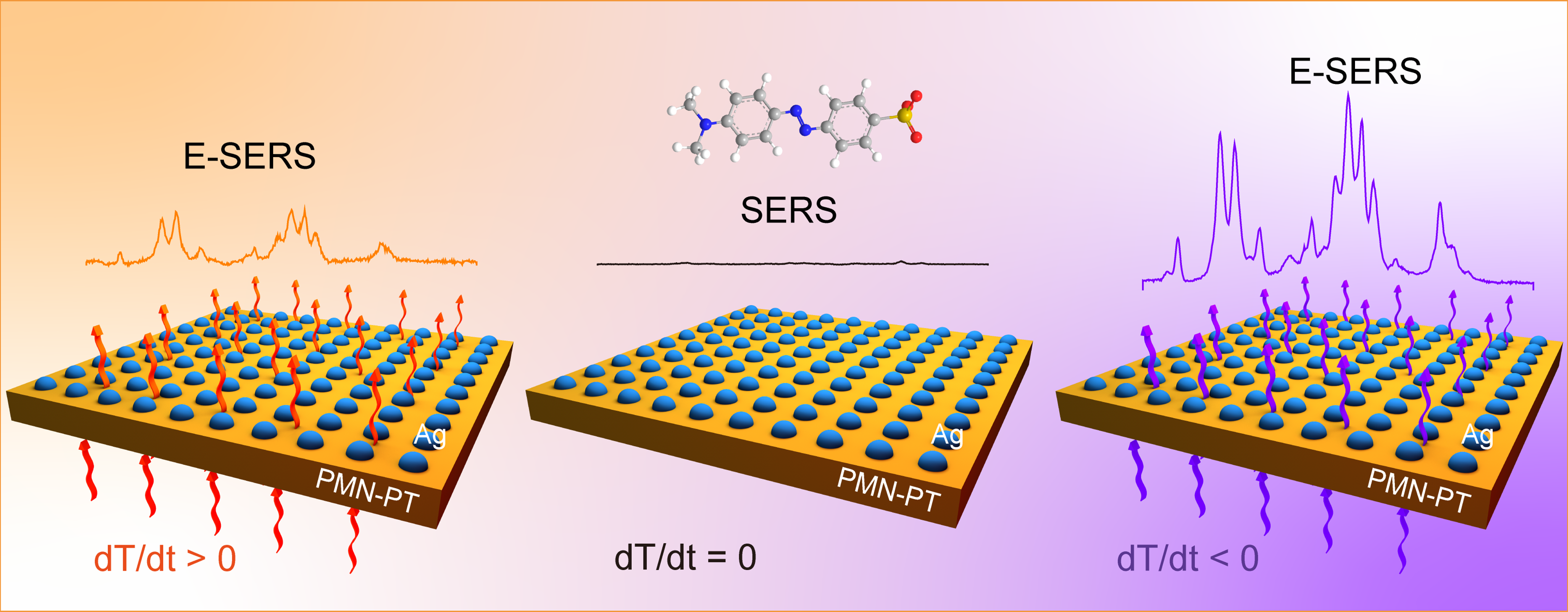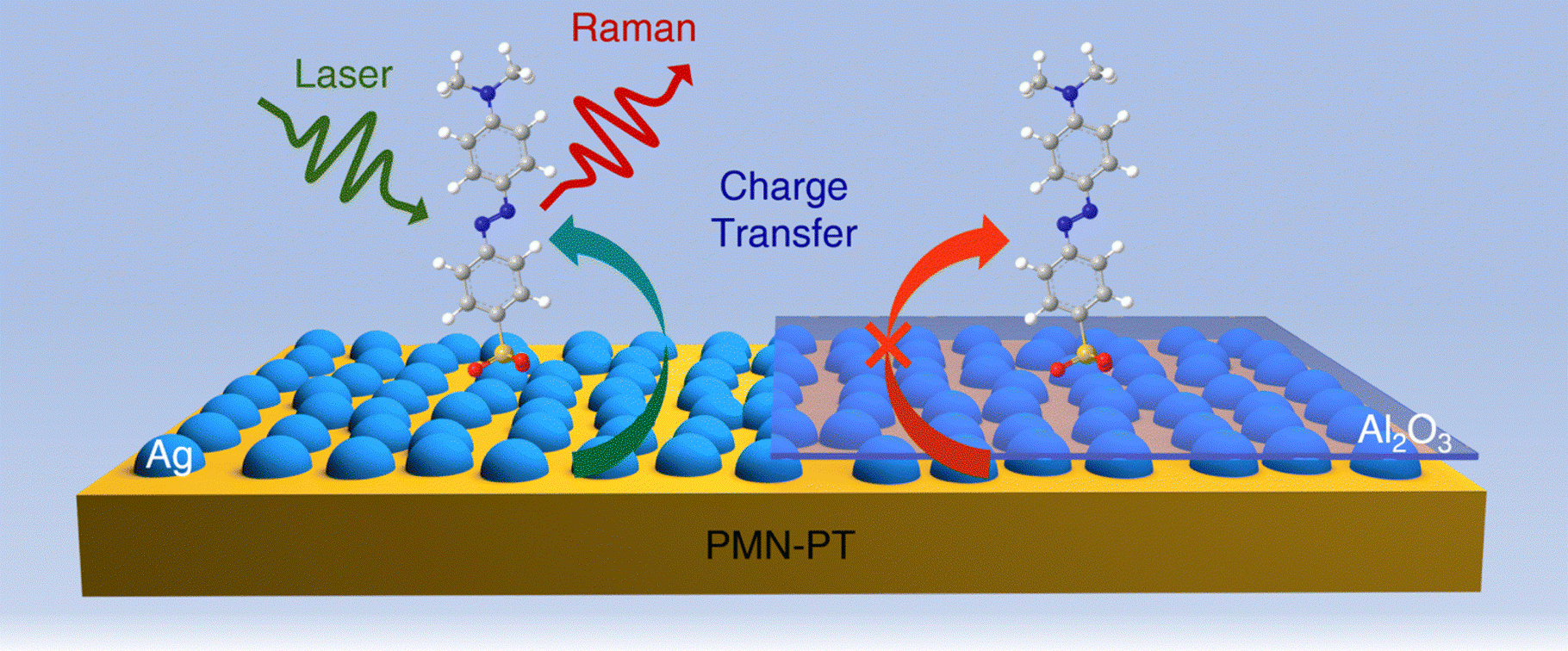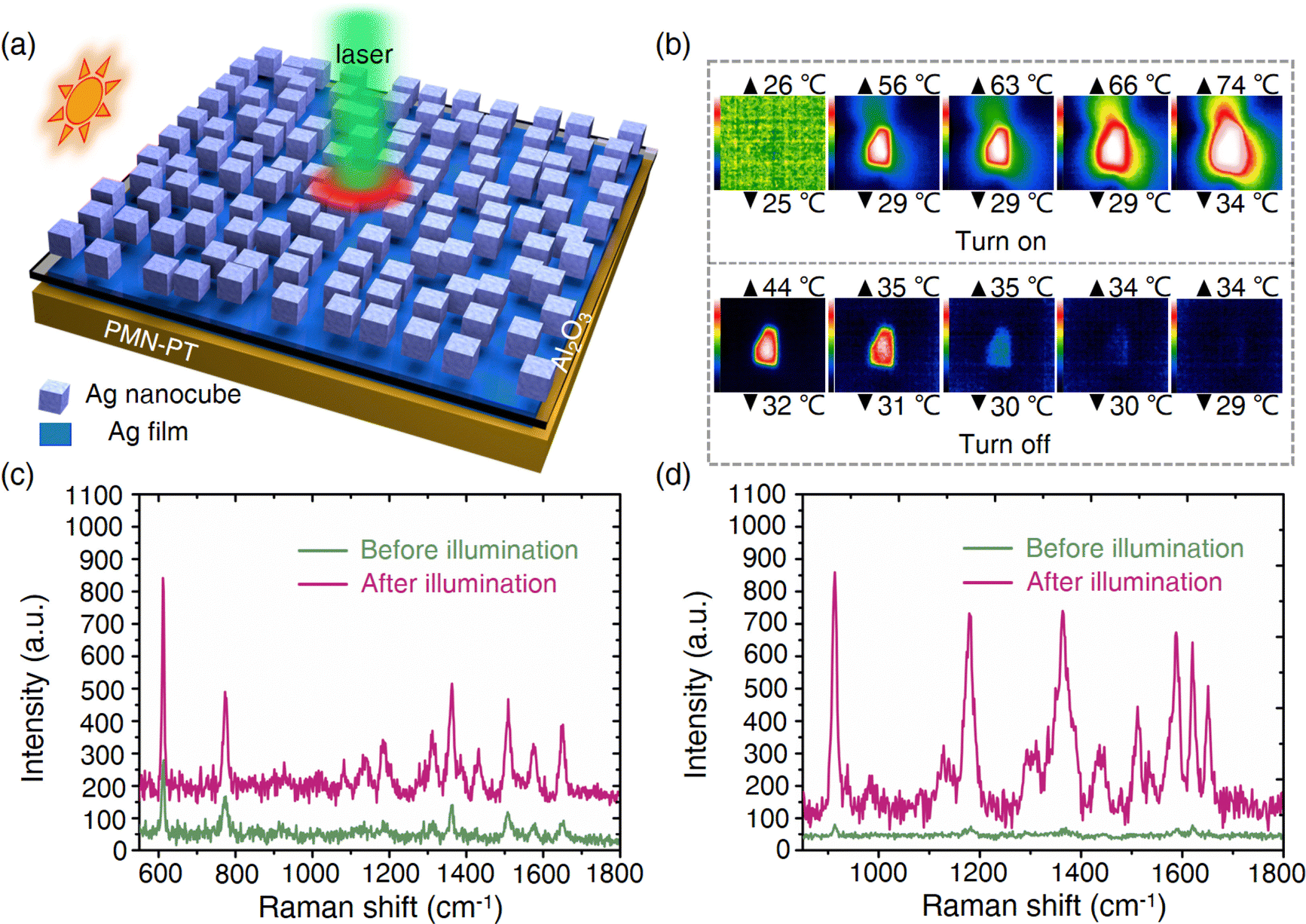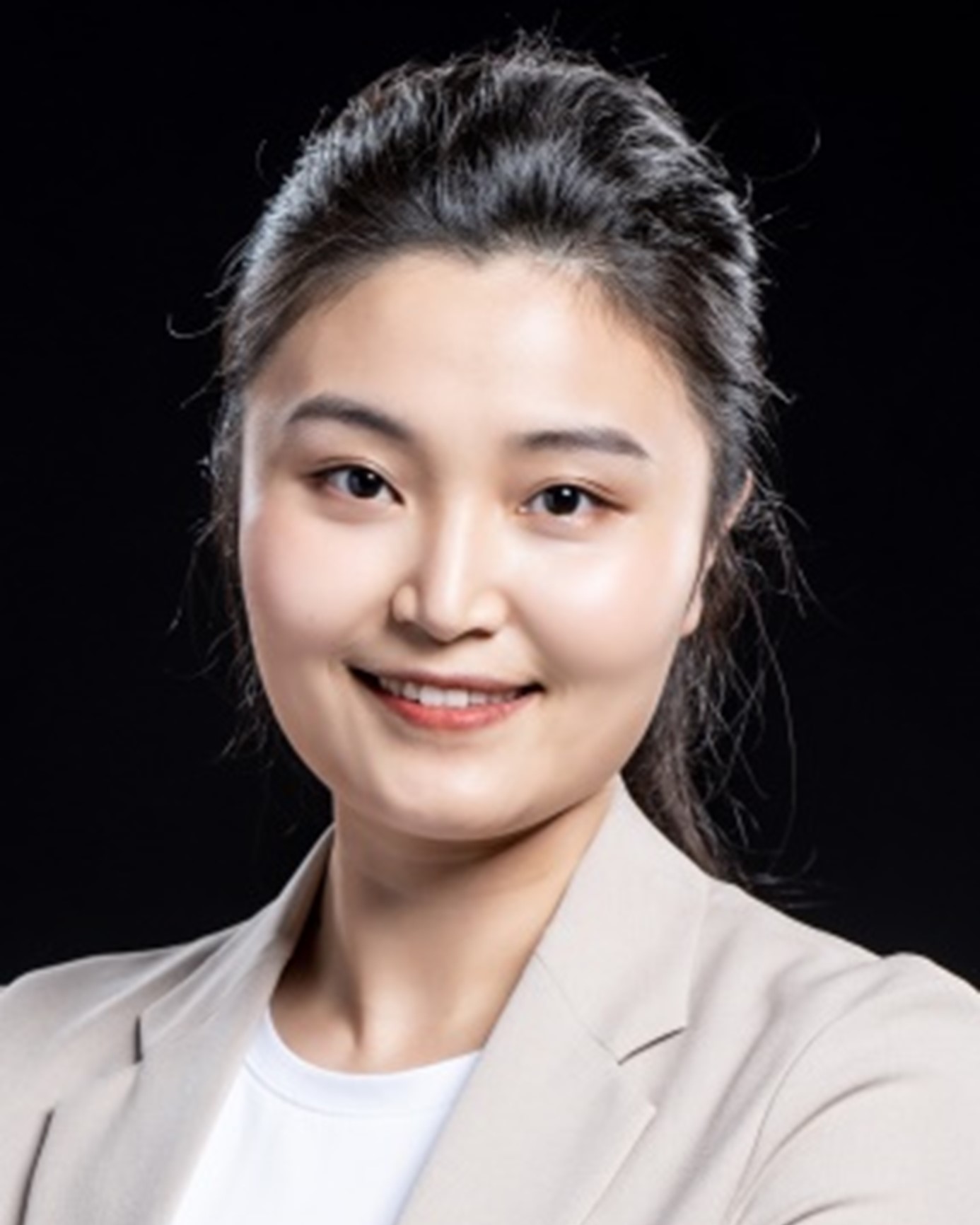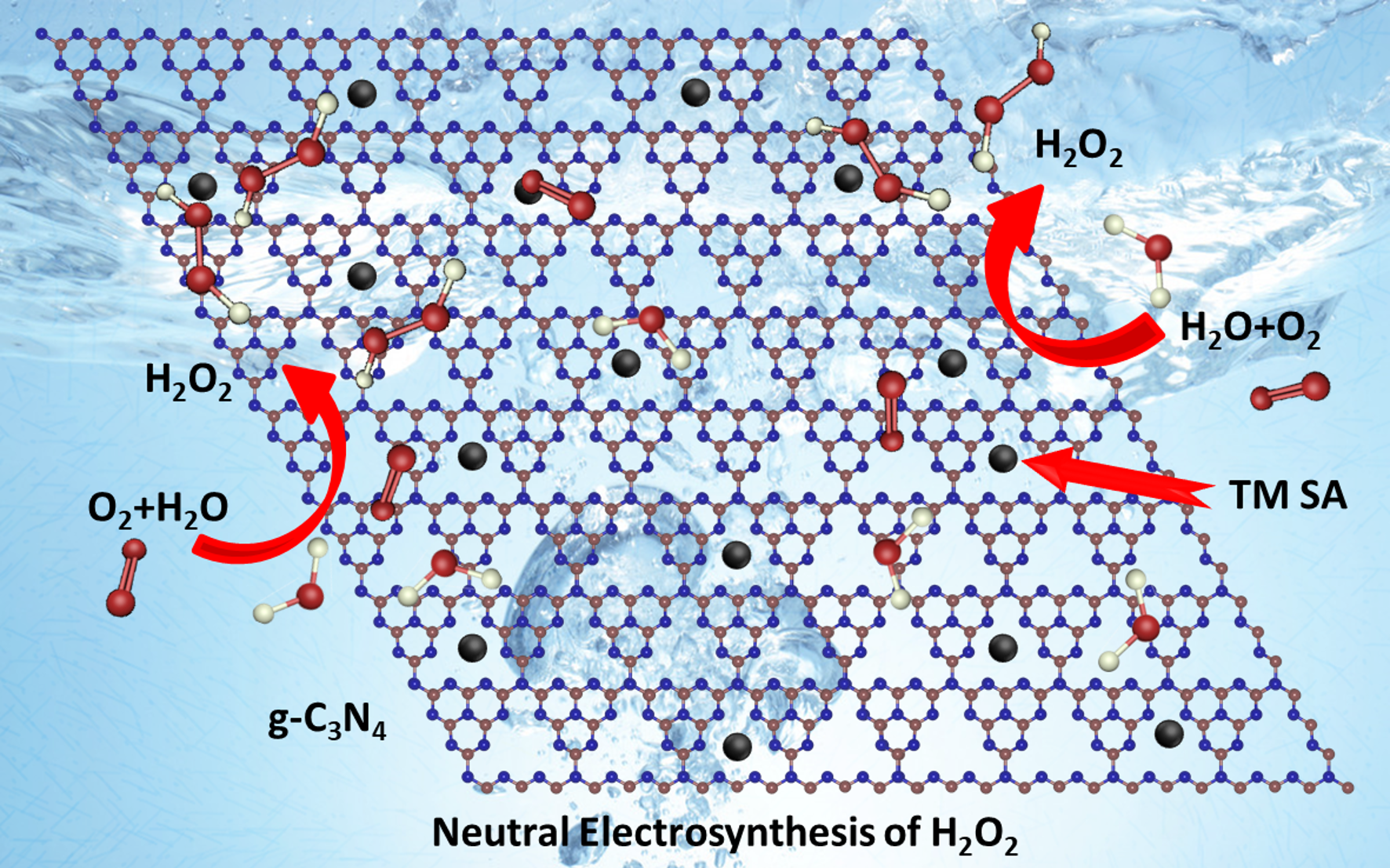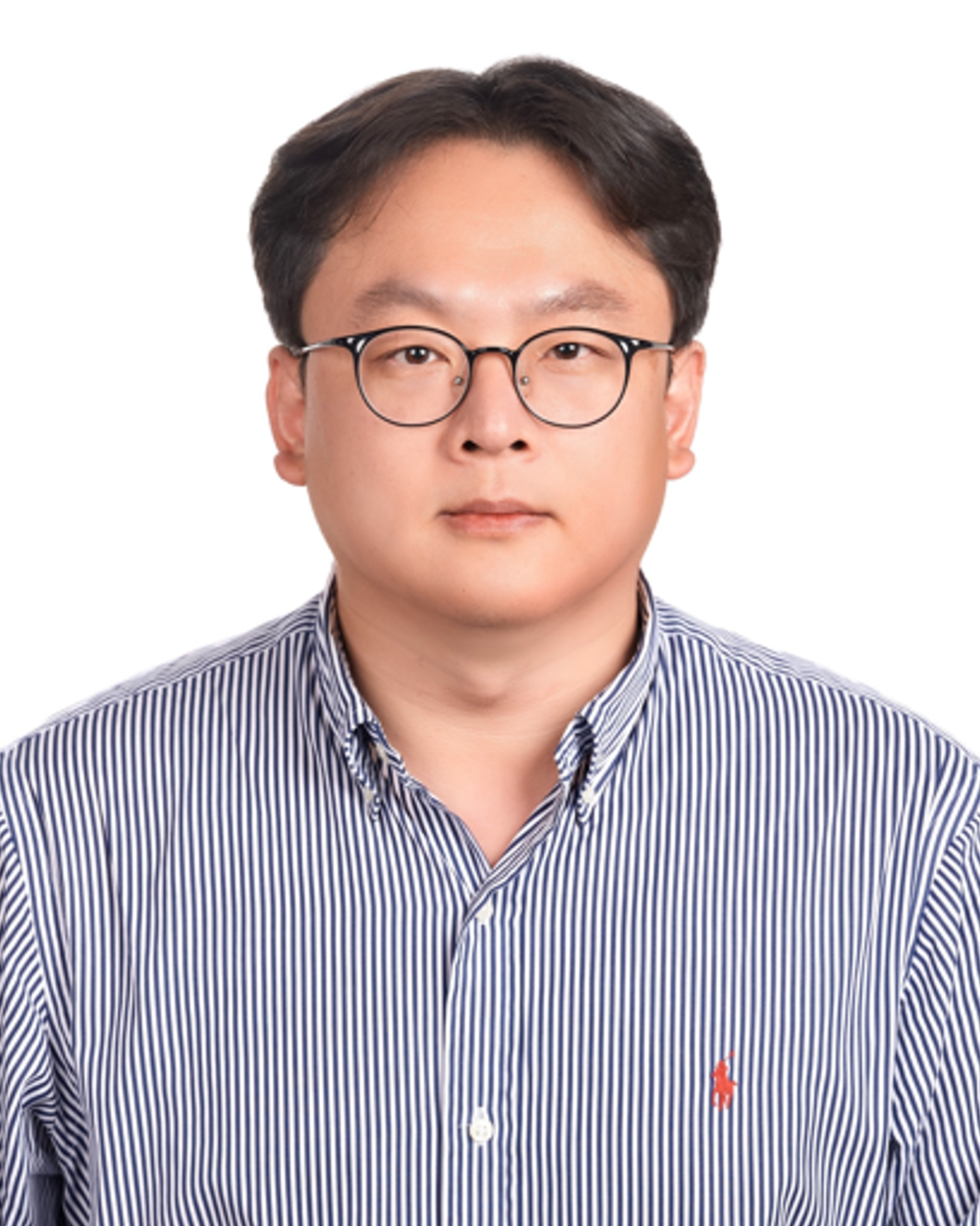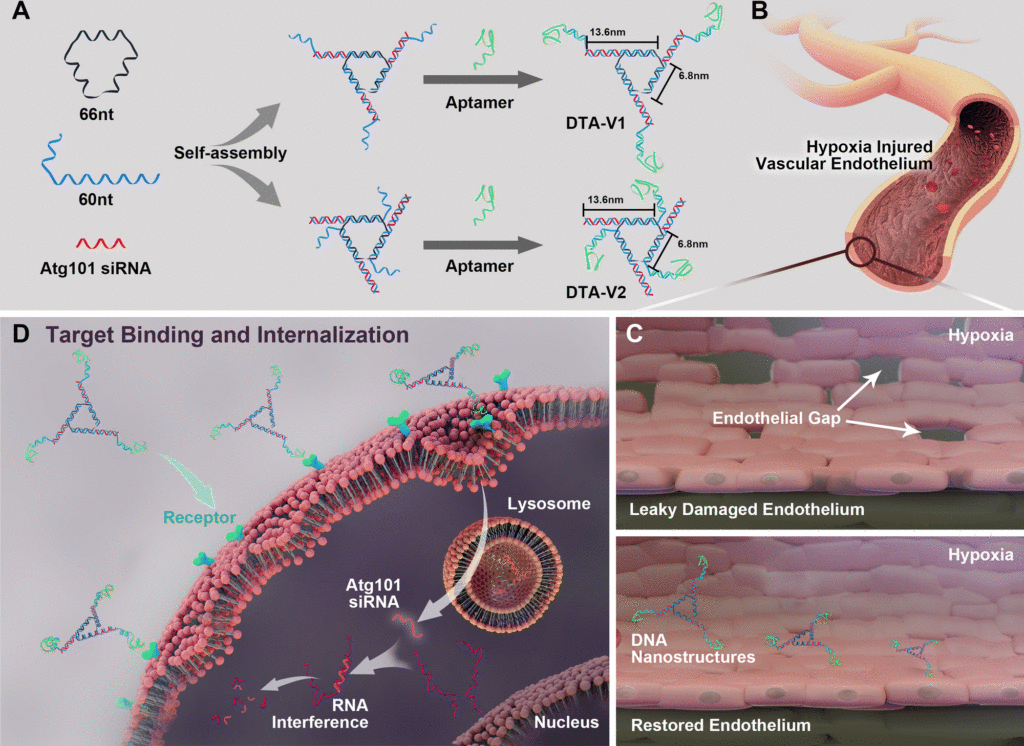Introducing our new Community Board members
Discover the latest additions to the Nanoscale Horizons early-career advisory board
The Nanoscale Horizons Community Board are our eyes and ears on the ground, allowing us to better connect with early-career researchers. Since its inception in 2016, we have enjoyed working together with these board members to facilitate student, postdoctoral and early-career researcher engagement, through symposia support, journal clubs, webinars, special article collections and many other activities.
Over the summer, we requested nominations from the nanoscience academic community and were thrilled with the high calibre of candidates nominated. We are delighted to share our 27 new appointees with you who, together with continuing members, make up a Nanoscale Horizons Community Board of 50 international researchers at different stages of their early careers, ranging from PhD candidates to Professors.
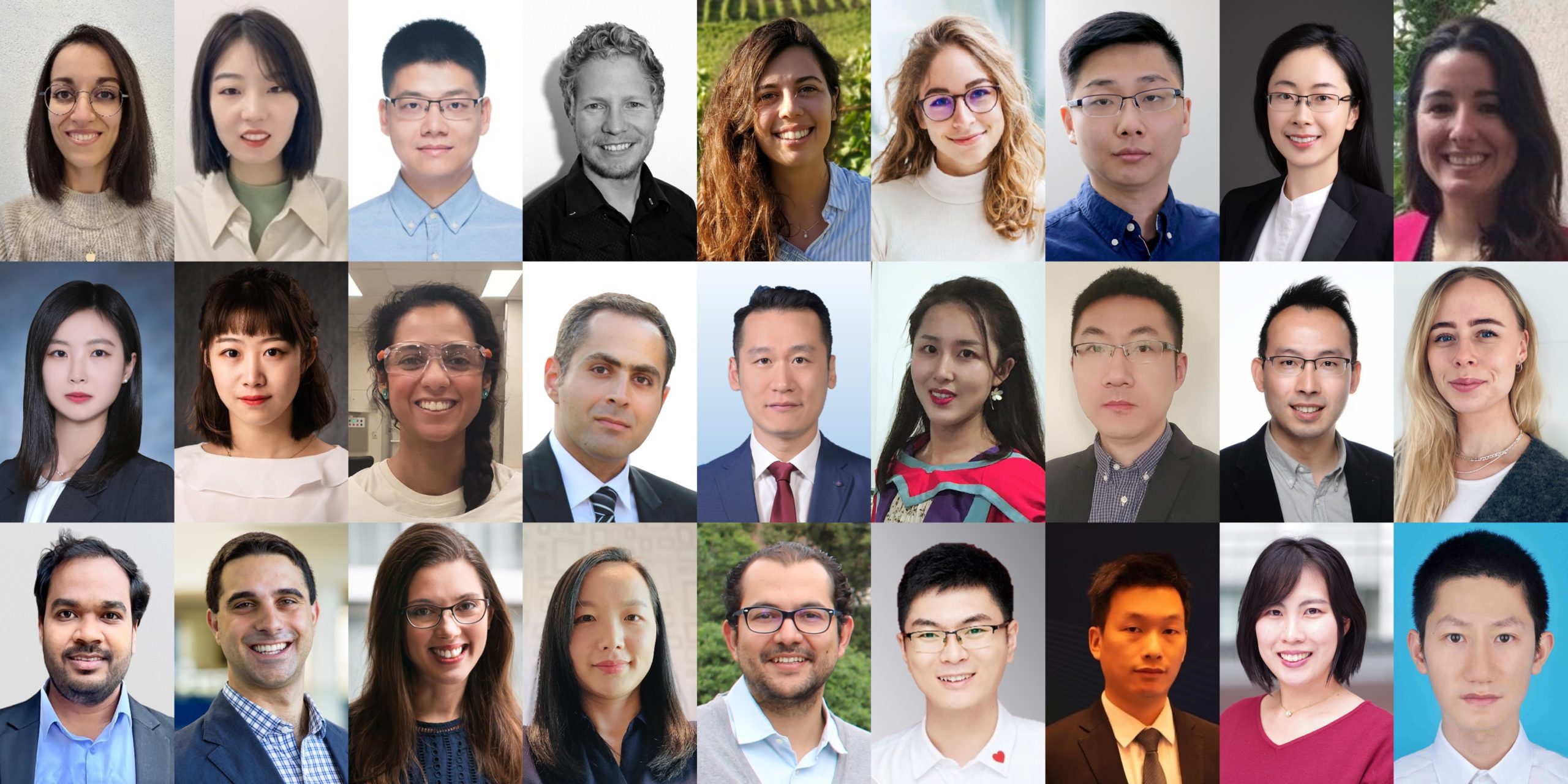
Please join us in welcoming our 27 new Community Board members:
- Dr Amina Benchohra, Université de Bretagne-Occidentale, France
- Dr Fangfang Cao, National University of Singapore, Singapore
- Professor Yihuang Chen, Wenzhou University, China
- Dr Dennis Christensen, Technical University of Denmark, Denmark
- Ms Didem Dede, EPFL, Switzerland
- Dr Sara Domenici, Politecnico di Torino, Italy
- Dr Jingshan Du, Pacific Northwest National Laboratory, USA
- Professor Yuan Fang, Soochow University, China
- Dr Susel Del Sol Fernández, University of Zaragoza, Spain
- Professor Minjeong Ha, Gwangju Institute of Science and Technology, South Korea
- Dr Xue Han, Brookhaven National Laboratory, USA
- Dr Taskeen Janjua, The University of Queensland, Australia
- Dr Meysam Keshavarz, Imperial College London, UK
- Professor Yoonseob Kim, Hong Kong University of Science and Technology, Hong Kong
- Dr Chunchun Li, Queen’s University Belfast, Ireland
- Dr Zhiwei Li, Northwestern University, USA
- Professor Albert Liu, University of Michigan, USA
- Dr Jette Mathiesen, Technical University of Denmark, Denmark
- Dr Dinesh Mullangi, Johns Hopkins University, USA
- Professor Michael B. Ross, University of Massachusetts Lowell, USA
- Dr Tracy Schloemer, Stanford University, USA
- Dr Qianqian Shi, Monash University, Australia
- Professor Jaime Andres Perez Taborda, National University of Colombia, Colombia
- Dr Chao Wang, Johns Hopkins University School of Medicine, USA
- Dr Zhenhua Wu, Shanghai Jiao Tong University, China
- Professor Akiko Yagi, Nagoya University, Japan
- Professor Jiandong Yao, Sun Yat-sen University, China
Discover the full Community Board
You can keep up to date with the activities of our Community Board members on our blog and don’t miss their latest article summaries in our new web writer series. Our companion journal Materials Horizons has also welcomed new members to their community board, and you can find out more about their new members on their blog. We will be highlighting the members of our Community Board over the coming months in a series of interviews and look forward to sharing these with you soon.











